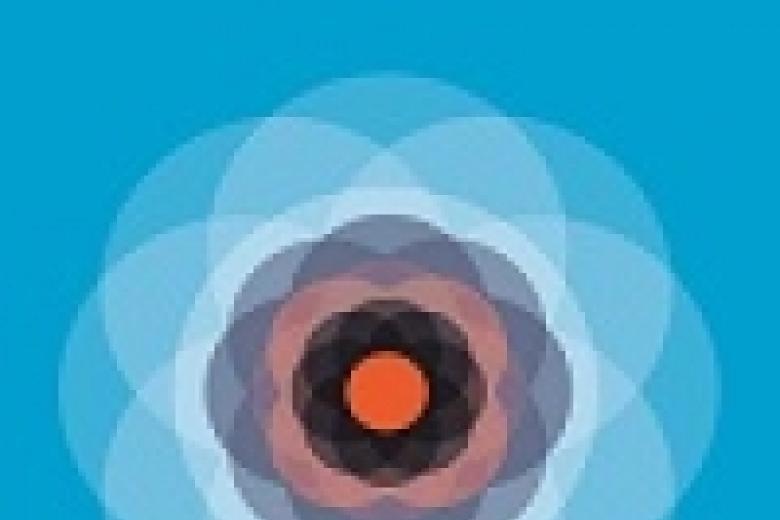About GROW
Vision & Mission
Oncology
To prevent cancer, improve cancer diagnosis, increase survival rates of cancer patients, improve the quality of life and maintain optimal functional abilities of cancer patients. We look beyond survival and aim to achieve preservation and/or restoration of all functions determining health, being bodily functions, mental wellbeing, daily functioning, social participation, meaning and quality of life. We perform translational research covering the complete spectrum of cancer management from prevention to aftercare.

Reproduction
To provide the best possible start in life by focusing specifically on a healthy conception, pregnancy and long-term health outcome. We do this by performing translational research on fertility, the role of the environment on the development of gametes, embryos, fetuses, newborns and children. In addition, we study the effect of pregnancy on women’s health.

Facts & Figures
± 50 PhD defenses

675
scientific publications

375
registered
PhD candidates

40
support staff

€14.500.000
contract value
new projects

Objectives
- Generate more knowledge on (epi)genetic, cellular and (micro)environmental factors that underlie normal (embryonic and foetal) and abnormal (cancer) development.
- Focus on translational research: from bench to bedside (the first ‘translational gap’) and vice-versa, including the development and fine-tuning of an ethical framework for the potential implementation of these research applications into routine care (the second ‘translational gap’).
- Implement innovative approaches for individualised prevention, patient diagnostics, treatment, and reintegration as an integrated care chain. In this approach also the patient’s environment is taken into account.
- Provide training to develop PhD candidates and postdocs into highly skilled and qualified researchers, possessing transferable skills and competences, as well as a broad academic view. The senior staff members act as a role model and promote research ethics and integrity among their students and junior staff.
- Accurately manage research data from the planning phase onward up to and including data archiving and evaluation, to ensure their verification, reproducibility and possibilities for retrieval, sharing, and storage. As such, GROW supports the FAIR (Findable, Accessible, Interoperable and Reusable) principles for its data management.